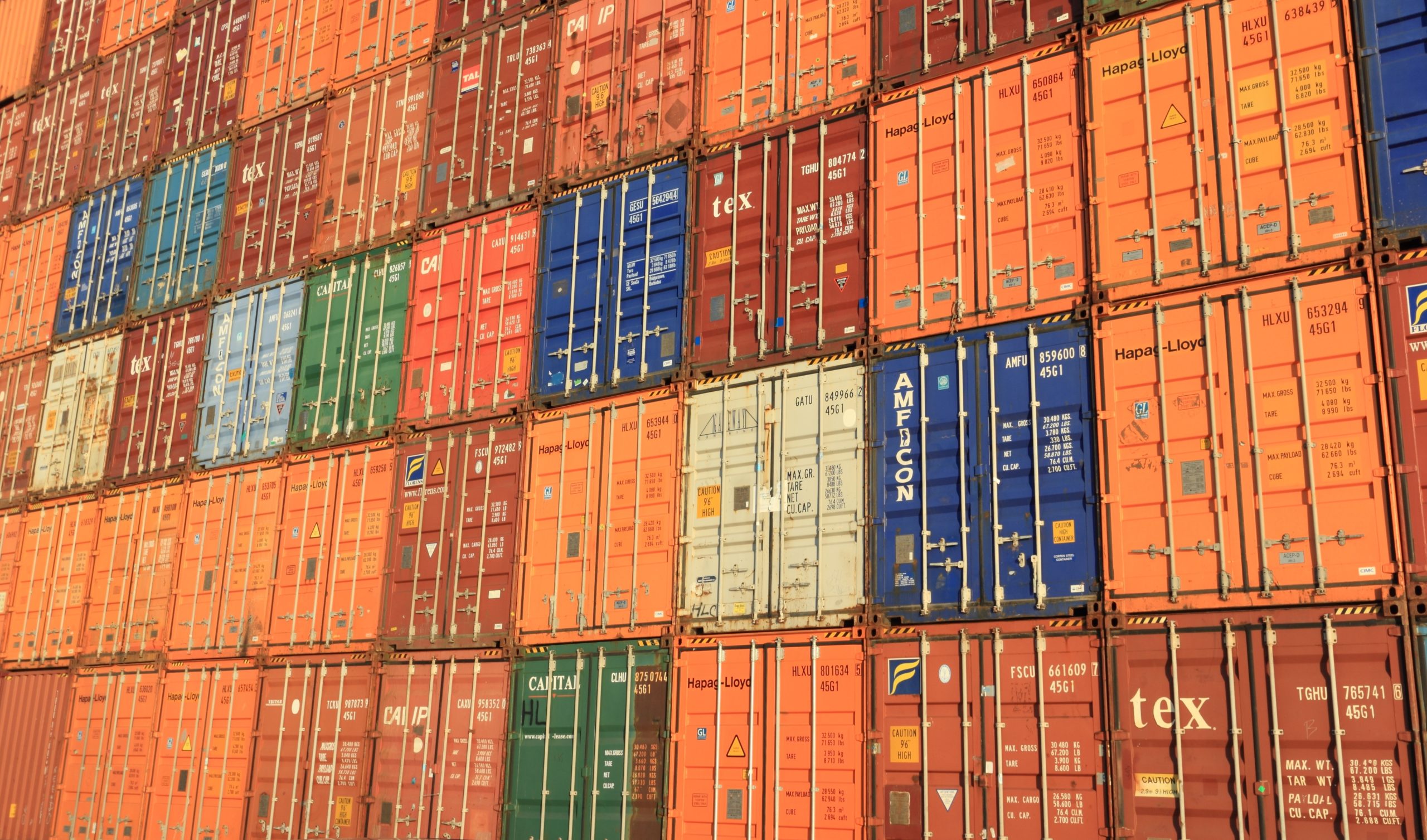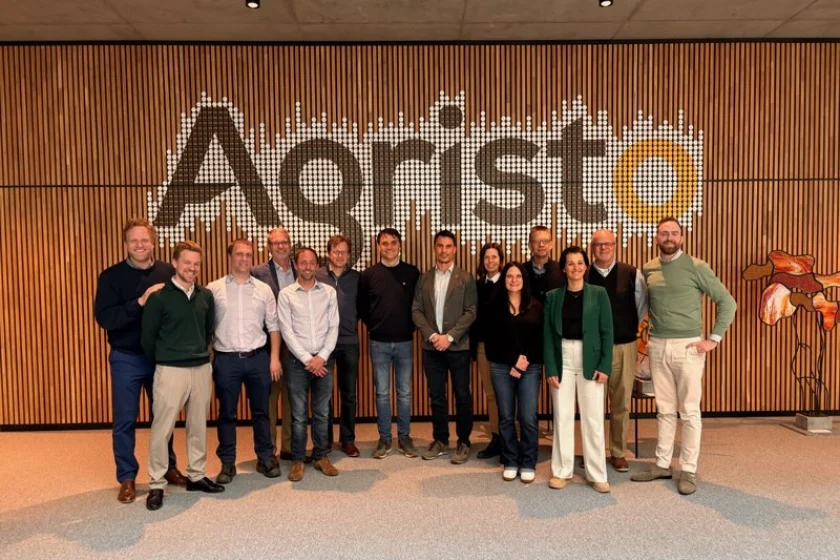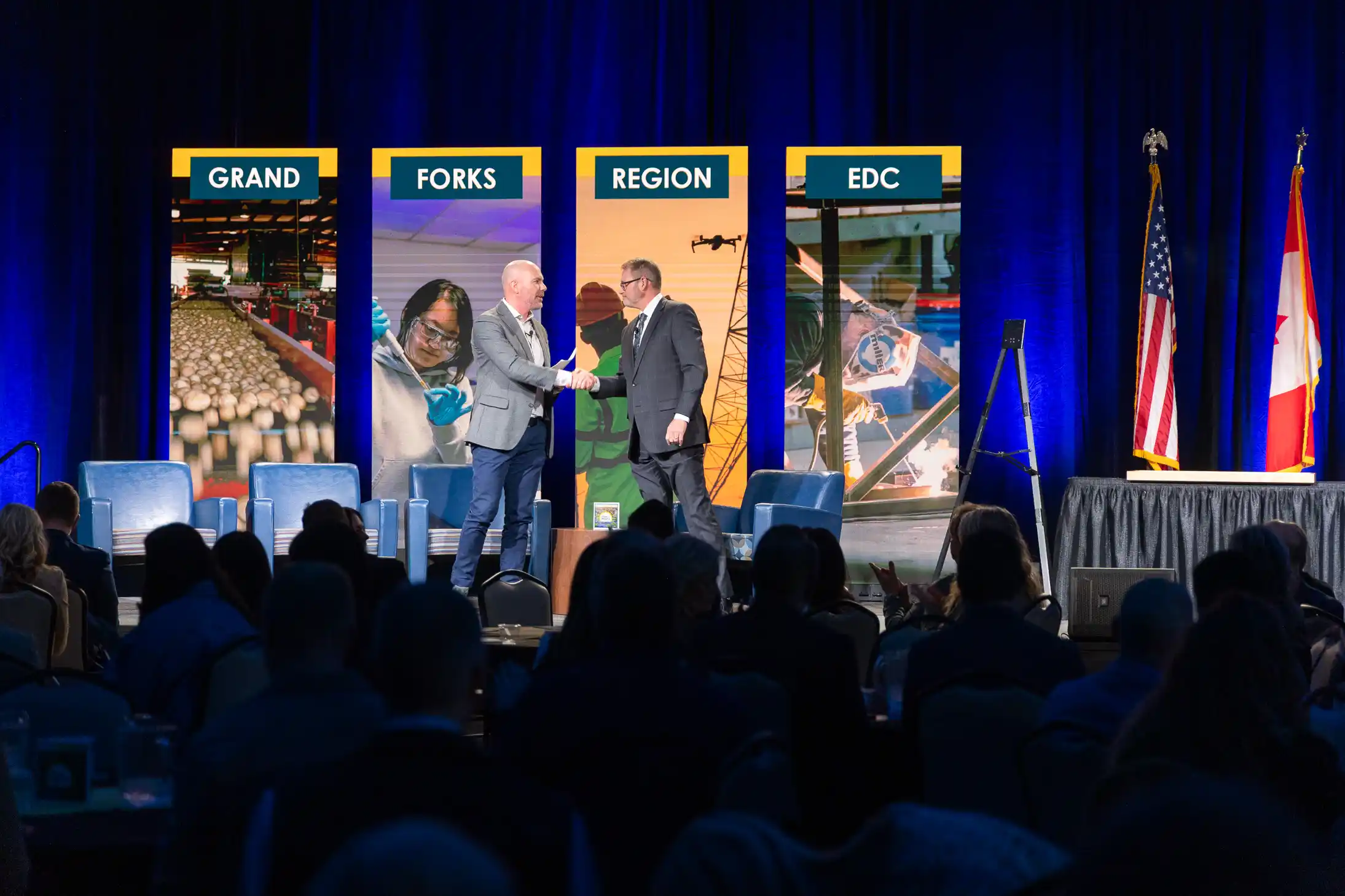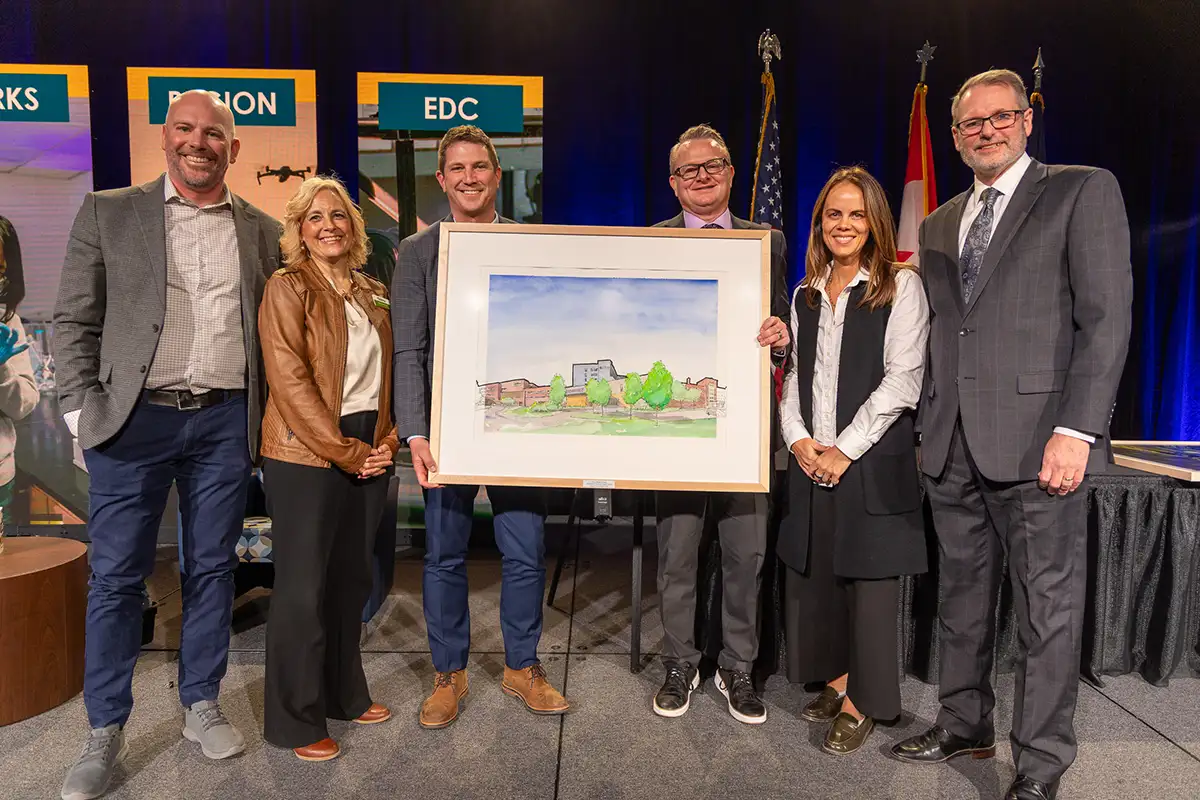FOREIGN TRADE ZONE
Zoned For Opportunity
Capture the Opportunity of a Foreign Trade Zone
The Grand Forks general-purpose Foreign Trade Zone #103 is one of two Federal Trade Zones in North Dakota. Within an hour of the Canadian border and located on the cross roads of Hwy 2 and Interstate 29, Grand Forks gives your manufacturing business a distinct advantage.
FAST FACTS
One of Two in nD
Grand Forks FTZ #103 is one of only two trade zones in North Dakota
1 Hour
Grand Forks is less than an hour away from the Canadian border
Crossroads of international Trade
Grand Forks is on Hwy 2 that connects to Duluth/Superior shipping lanes
- ABOUT FTZs
- BENEFITS
- COMMON FTZ ACTIVITIES
What is a Foreign Trade Zone?

A Foreign Trade Zone is a designated site in the U.S., in or near a U.S. Customs port of entry, where merchandise is generally considered to be outside U.S. customs territory. Foreign and domestic merchandise may be admitted into zones for designated operations without being subject to formal Customs entry procedures. Within the FTZ, foreign goods are considered international commerce and are not subject to customs duties unless or until they enter the U.S. In addition, raw materials, parts, and components can enter duty-free. Goods can then be assembled, manufactured or processed – and the final product reexported – without paying customs duties.
What is the Advantage of Using a Foreign Trade Zone?
An FTZ’s primary advantage is its ability to improve your company’s competitive position in our global economy. A foreign trade zone makes it possible for you to:
- Bring in product incrementally, thereby preserving cash flow and gaining interest savings
- Repair, salvage or clean a product for distribution
- Store and repack merchandise for export or domestic distribution
- Manufacture product from foreign and/or domestic parts
A subzone may be created off the FTZ at your facility and authorized when your operations cannot be accommodated in the immediate physical confines of the general-purpose zone.
How Would You Use a Foreign Trade Zone?

FTZs commonly have a combination of foreign and domestic merchandise in the manufacturing and production operations.
Merchandise entering a zone may be:
- assembled
- tested/sampled
- relabeled
- manufactured (with FTZ board approval)
- stored
- salvaged
- processed
- repackaged
- destroyed
- mixed
- manipulated
Industries that commonly use FTZs include:
- Manufacturing/assembly
- Machinery/equipment
- Consumer products
- Chemicals
- Plastic/rubber
- Petrochemicals
What is a Foreign Trade Zone?

A Foreign Trade Zone is a designated site in the U.S., in or near a U.S. Customs port of entry, where merchandise is generally considered to be outside U.S. customs territory. Foreign and domestic merchandise may be admitted into zones for designated operations without being subject to formal Customs entry procedures. Within the FTZ, foreign goods are considered international commerce and are not subject to customs duties unless or until they enter the U.S. In addition, raw materials, parts, and components can enter duty-free. Goods can then be assembled, manufactured or processed – and the final product reexported – without paying customs duties.
What is the Advantage of Using a Foreign Trade Zone?
An FTZ’s primary advantage is its ability to improve your company’s competitive position in our global economy. A foreign trade zone makes it possible for you to:
- Bring in product incrementally, thereby preserving cash flow and gaining interest savings
- Repair, salvage or clean a product for distribution
- Store and repack merchandise for export or domestic distribution
- Manufacture product from foreign and/or domestic parts
A subzone may be created off the FTZ at your facility and authorized when your operations cannot be accommodated in the immediate physical confines of the general-purpose zone.
How Would You Use a Foreign Trade Zone?

FTZs commonly have a combination of foreign and domestic merchandise in the manufacturing and production operations.
Merchandise entering a zone may be:
- assembled
- tested/sampled
- relabeled
- manufactured (with FTZ board approval)
- stored
- salvaged
- processed
- repackaged
- destroyed
- mixed
- manipulated
Industries that commonly use FTZs include:
- Manufacturing/assembly
- Machinery/equipment
- Consumer products
- Chemicals
- Plastic/rubber
- Petrochemicals
STAY INFORMED
Stay up to date with the latest information from the Grand Forks Region Economic Development Corporation.
CONTACT US
Want to learn more about our foreign trade zone? Reach out to our team for additional resources and answers to your questions.

Keith Lund
President & CEO
Phone: 701.746.2722
Email: Keithl@grandforks.org



